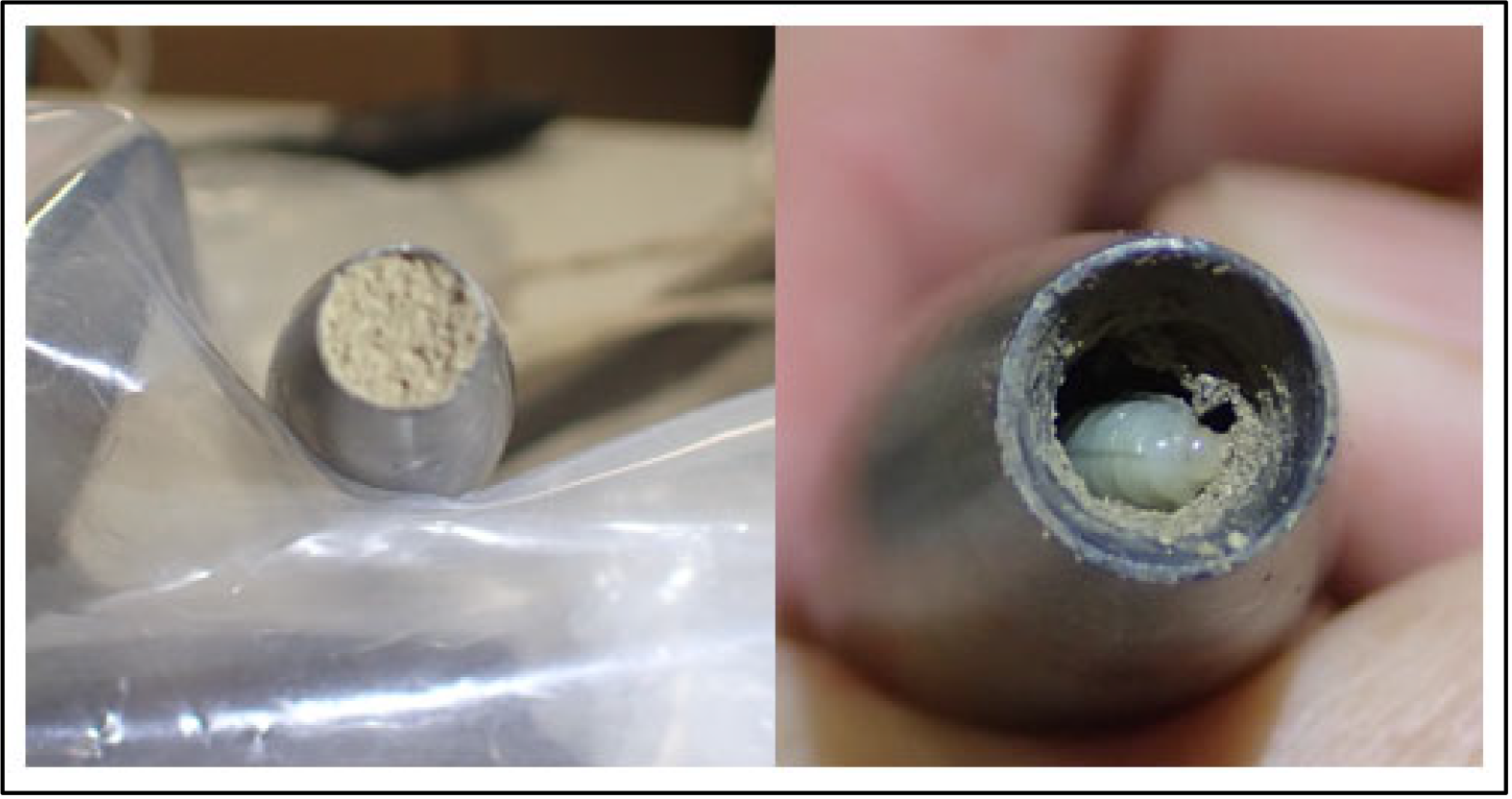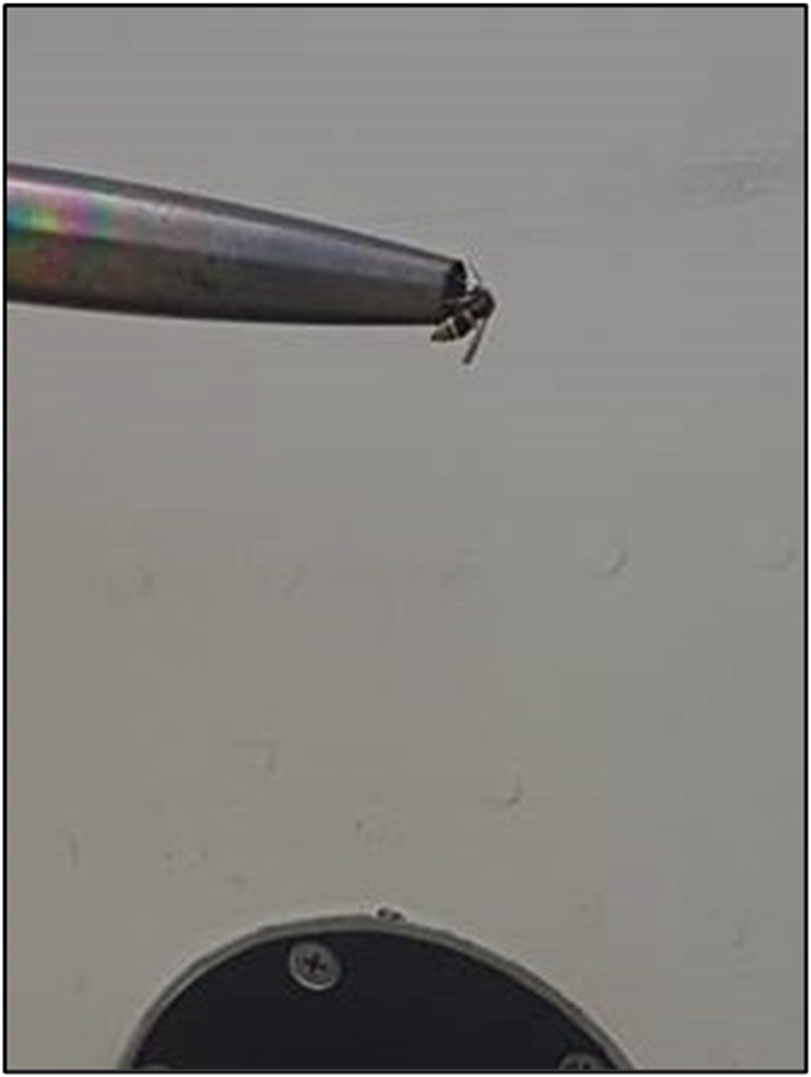
Eight passenger planes were infested by insects which caused abandoned take-offs at Heathrow Airport last summer, an investigation has found.
Wasp and bee nests blocked speed-measuring pitot probes on six British Airways aircraft and one Virgin Atlantic jet over a three-week period, the Air Accidents Investigation Branch (AAIB) said in a report.
A wasp was also spotted inside a probe on another British Airways plane.

British Airways crews on board two of the planes were forced to abort take-offs while speeding down runways because the blockages caused inaccurate speed readings on cockpit displays.
Unreliable speed indication is a “serious hazard”, investigators warned.
The AAIB said the high level of insect activity in 2021 could lead to a “larger number of insects emerging in the spring of 2022”, so the risk of more probe blockages “could be significant”.
Safety action has been taken by the Civil Aviation Authority Heathrow Airport and affected airlines to reduce the risk of the problem reoccurring.
This includes issuing alerts to aviation firms, introducing additional inspections of probes, enhanced use of probe covers, and increased surveillance of environmental risks.

A British Airways spokesman said: “Safety is our highest priority and in each case the flights returned safely to stand.
“Our highly skilled pilots are trained to safely perform this type of standard procedure and practise them regularly.”
Virgin Atlantic did not immediately respond to a request for a comment.
The blockages were discovered between June 9 and July 1 last year.
The issue of insects blocking pitot probes is “not new”, but it is “unusual for such a spate of events to occur in such a short timeframe”, the AAIB said.
The report said the “temporary surge” in cases was due to a series of factors related to the reduction in air travel caused by the coronavirus pandemic.

Aircraft remaining on the ground for longer periods between flights created an “attractive opportunity” for insects as pitot probes are an “ideal construction site for nests”, it said.
Fewer aircraft movements, less road traffic around the airport and an overall cut in human activity resulted in a decrease in nitrogen dioxide but a spike in ground-level ozone.
The latter is a dangerous air pollutant which can cause wasps and bees to travel further than normal.
The AAIB said the incidents should act as a reminder that “the environmental response to changes in human behaviour can be unpredictable and have unforeseen consequences”.
It added that the drive to greener aviation and urban areas will result in quieter, cleaner aircraft and less polluting airports, which provide “the kind of environments that prove attractive to insects such as bees and wasps”.







